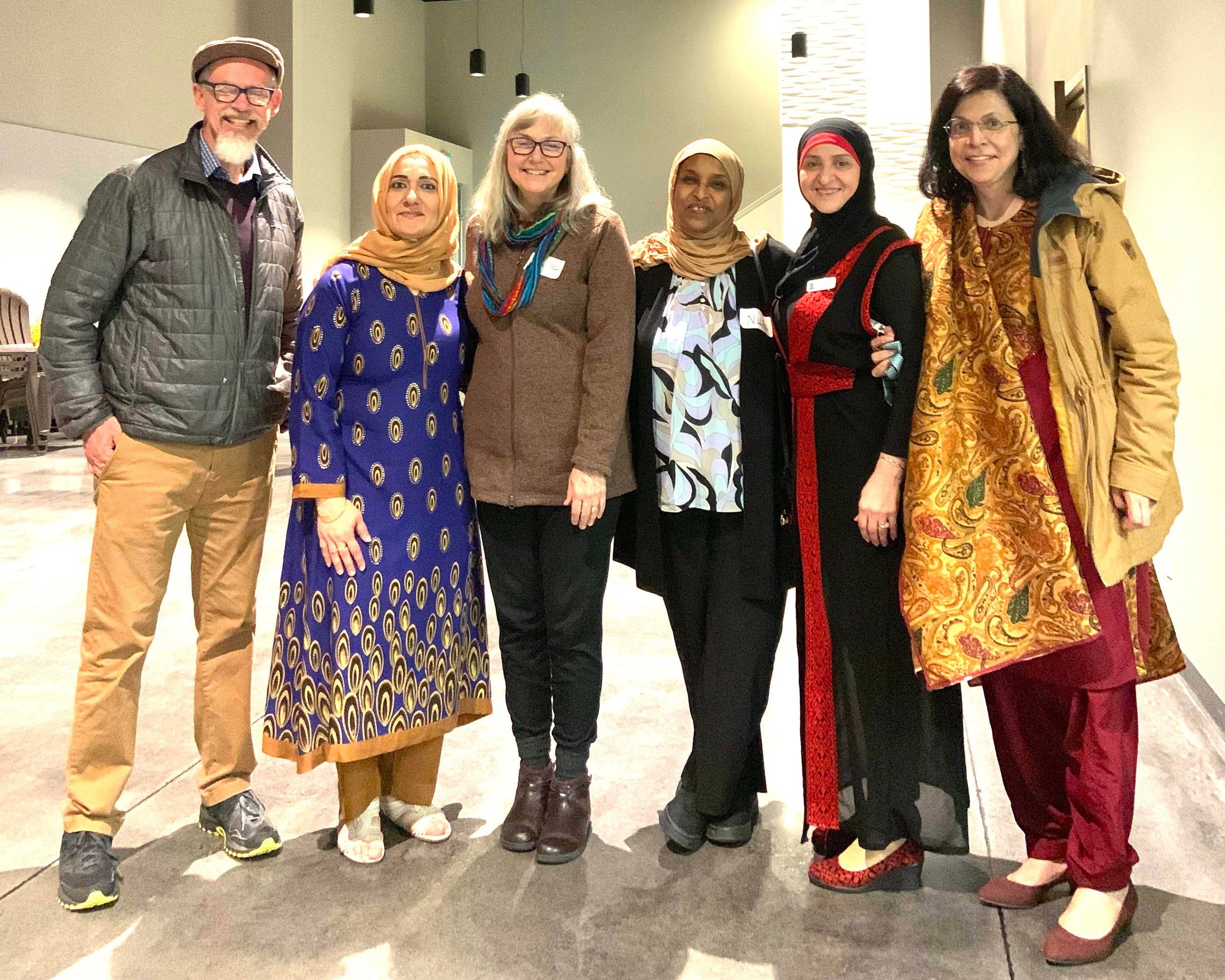Peacefakers, Peacebreakers, and Peacemakers
by Rick Love
If you're reading this blog, there's a good chance you're a follower of the Prince of Peace. You want to follow Jesus into a world of conflict, and you want to embody the peaceable ways of Jesus. Yet good intentions and loving aspirations frequently fail in the face of conflict (I can testify to that!). In reality, we are often peacebreakers. Some of us are even by nature peacefakers, and yet we long to be peacemakers.
So let’s come to terms with our task. First, peacemaking is not “peacekeeping.” Peacekeepers sweep important issues under the carpet so that no conflict manifests itself. This often happens in families, and it also happens between alienated ethnic groups and countries.
Peacekeepers separate two parties in order to avoid conflict and thereby keep the peace. Peacekeeping is a valid step in the process of peacemaking during a war and even in a radically broken marriage. When tensions or emotions run high, we need outside help to keep from explosive reactions. But ultimately peacekeeping is not the same thing as peacemaking. Actually, it's more like peace-faking. It is a forced peace, a false peace.
I repeatedly tell people in our seminars, “true peace is not just the absence of conflict but the presence of harmony.” Because of this, peacemakers sometimes need to be peace-disturbers! We often need to shake things up, expose hidden heart issues, or confront barriers to harmony.
The Prince of Peace certainly disturbed the peace of the Pharisees more than once. Jesus relentlessly challenged them about their attitude of superiority and judgmentalism, which caused more division than unity. Jesus said they did not have the love of God in their hearts (John 5:42-45), so it was impossible for them to emulate his peaceable ways.
Martin Luther King Jr. also had to do a lot of peace-disturbing during the peacemaking effort we now call the civil rights movement. King boldly and lovingly addressed the hypocrisy, prejudice, and injustices perpetrated by the white establishment against African Americans. But he wasn’t just trying to overthrow white supremacy. He sought reconciliation between these two groups, and before there could be peace, the status quo had to be disturbed.
Sometimes when we try to be peacemakers we end up being peace-disturbers. Honest and authentic communication is essential for peace, but sharing like this often exposes our differences and leads to discord. Having harmony in relationships does not mean that we will always agree with each other, and unity does not mean uniformity. There are times we need to “agree to disagree.” I like the wise and famous quote attributed to St. Augustine: “In essentials, unity; in non-essentials, liberty; in all things, charity.”
So the first point is that peacemaking is not peace-keeping. The second is that peacemaking is not always peace-achieving. We are commanded to pursue peace, but this doesn’t mean we will always be successful in our efforts. Romans 12:18 is realistic about conflict and discord: "If it is possible, as far as it depends on you, live at peace with everyone.”
Paul the apostle realizes that it isn’t always possible to make peace. Our most sincere efforts may fail, because reconciliation demands a response from both parties involved in conflict. Biblical peacemaking is neither sentimental nor naive. It addresses the harsh realities of brokenness and evil.
Third, peacemaking is not the same as peacebuilding. These terms have much in common and are often used interchangeably, but the differences are noteworthy. Peacebuilding refers to proactive initiatives that seek to prevent conflict from occurring or from reoccurring. Thus, peacebuilding focuses on conflict prevention rather than conflict resolution.
The term "peacebuilding" is a central component of the modern study of conflict resolution, but the term itself is not found in Scripture. Instead, I believe it is best to understand it as an important subcategory of peacemaking, since many verses in the Bible focus on cultivating loving relationships. Biblical peacemaking demands a proactive and preventative commitment to both present and future peace. In fact, this was a major part of my first book on peacemaking.
So what is peacemaking then? Peacemaking is resolving conflict and restoring harmony. Note the two aspects. Through repentance, forgiveness and restitution, we resolve our conflicts. Through trust-building actions and practical investments of love, we restore harmony. Thus, in most cases, peacemaking and reconciliation are synonymous.
However, there are some noteworthy differences between peacemaking and reconciliation. Reconciliation involves two parties overcoming their alienation and restoring their broken relationship. By contrast, peacemaking can potentially be carried out by only one party. Peacemakers can make the first steps toward reconciliation with others, even if the other party does not respond. So, while the goal of all peacemaking is reconciliation, an individual’s peacemaking efforts can be resisted or rejected by the other party.
For example, in a marriage, one spouse can pursue peace (with no guarantee of reconciliation) through unilateral loving acts. The same is true in larger social conflicts. For example, Peace Catalyst International challenges followers of Christ to take the first steps to breaking down barriers between Christians and Muslims.
Following the Prince of Peace into a world of conflict means we have to come to terms with our task. It also means that we take the initiative. Now that you know these things, you will be blessed if you do them (Matthew 5:9; John 13:17)!










